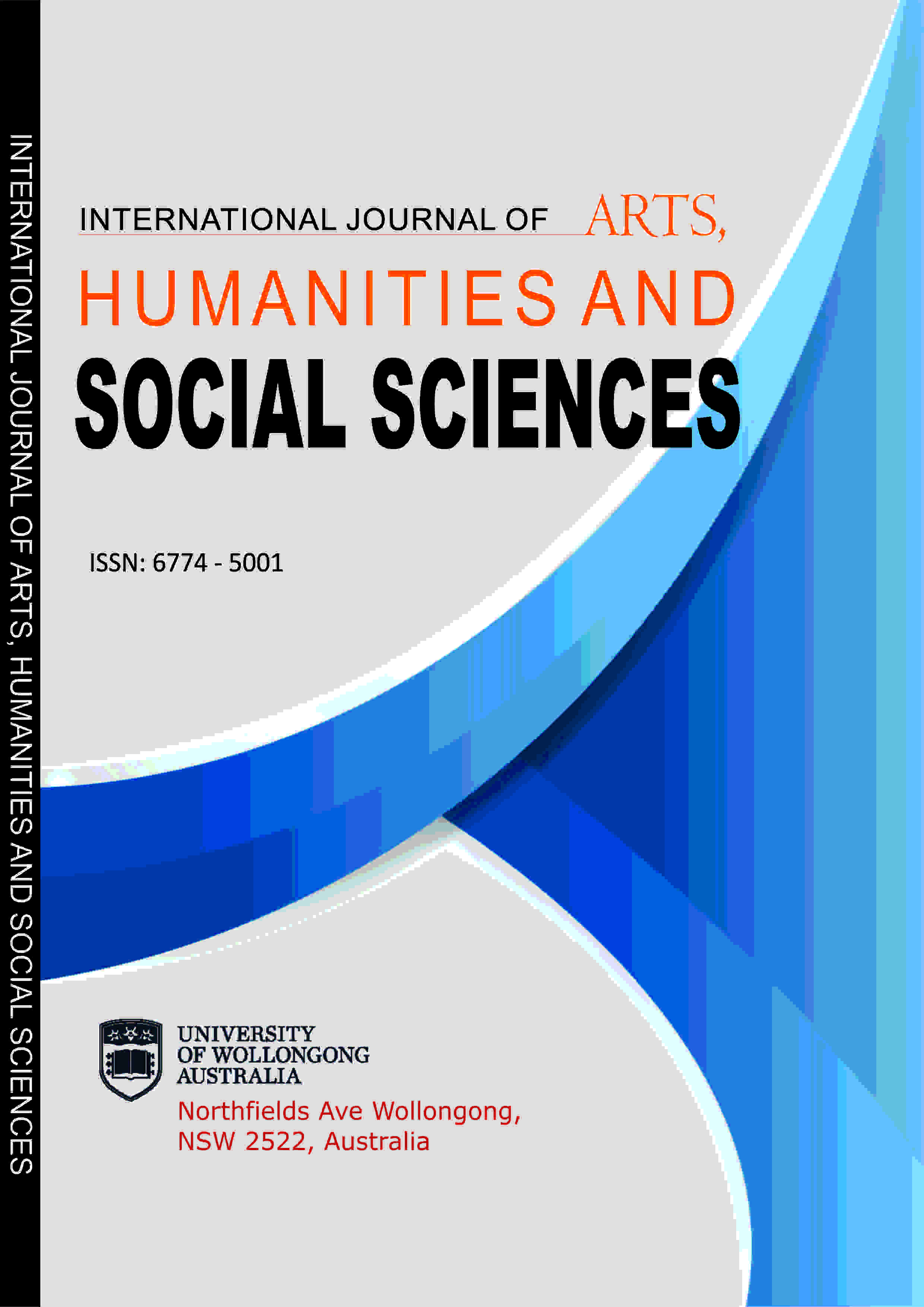INTERNATIONAL JOURNAL OF ARTS, HUMANITIES AND SOCIAL SCIENCES (IJAHSS)
STUDY OF STUDENTS’ PERCEPTION ABOUT BILINGUAL EDUCATION PROGRAMS AT UNIVERSITY LEVEL IN KARACHI
E-ISSN: 2579-048X
P-ISSN: 6774-5001
DOI: https://iigdpublishers.com/article/465
Bilingual education may be considered one of the tools for encouraging education for all. There is the ability to convey the information needed that could be of importance, such as asking questions. Any individual with a bilingual culture has an advantage if ever that student can cope easier when placed in that cultural setting simply because the communication and informational barriers have been eliminated. Additionally, there is less likelihood that a problem will arise as a result of issues with phrases having distinct meanings or words having varied implications when used to describe particular information. The foremost purpose of the study was to find the views of Pakistani students towards multiple aspects of bilingual education and also to ascertain any disparities in how they see bilingual education programs at the university level. A survey was undertaken to determine the significance of bilingual education programs among students as part of this quantitative study. A 5-point Likert scale-based questionnaire was utilized to collect the information from 100 randomly chosen respondents. The data were analyzed using the mean, standard deviation, frequencies, percentages, independent sample t-test, and then one-way ANOVA. According to the findings, the majority of participants supported bilingual education programs at the university level. Moreover, they believed the surroundings promote bilingual education more effectively and such kinds of programs will support all those students who have a great influence on their ways and prestige due to different backgrounds. Therefore, students were more comfortable with the general trends of society by getting content easily and good grades. Teachers may encourage students to concentrate on their studies by promoting bilingual education programs and continuing to reduce their fear of the language. They may help their students to overcome their fear of academic negligence because of the lack of the understanding of English language. This study was restricted only at the Universities of Karachi and where such kind of education is not offered.
Shakeela Khurram & Muhammed Akhtar Kang PhD
Ammar, M. (2015). “UNESCO Science Report Science Education in Pakistan,” South Asia (Journal) in UNESCO Science Report: Towards 2030 Paris.
Armstrong, D.G. (1989). “Developing and Documenting the Curriculum,” Needham heights; Allyn and Bacon.
Amy, B.M. Tsui (eds.) Medium of instruction policies: Which agenda? Whose agenda? New Jersey: Lawrence Erlbaum Associates, pp.217 - 240.
Baker, C. (2011). “Foundations of bilingual education and bilingualism,” 4th ed., Belmont, MA,
Multilingual Matters.
Beardsmore, H. B. (n.d.). Who's afraid of bilingualism? In Bilingualism: Beyond Basic and Education (pp. 42-72).
